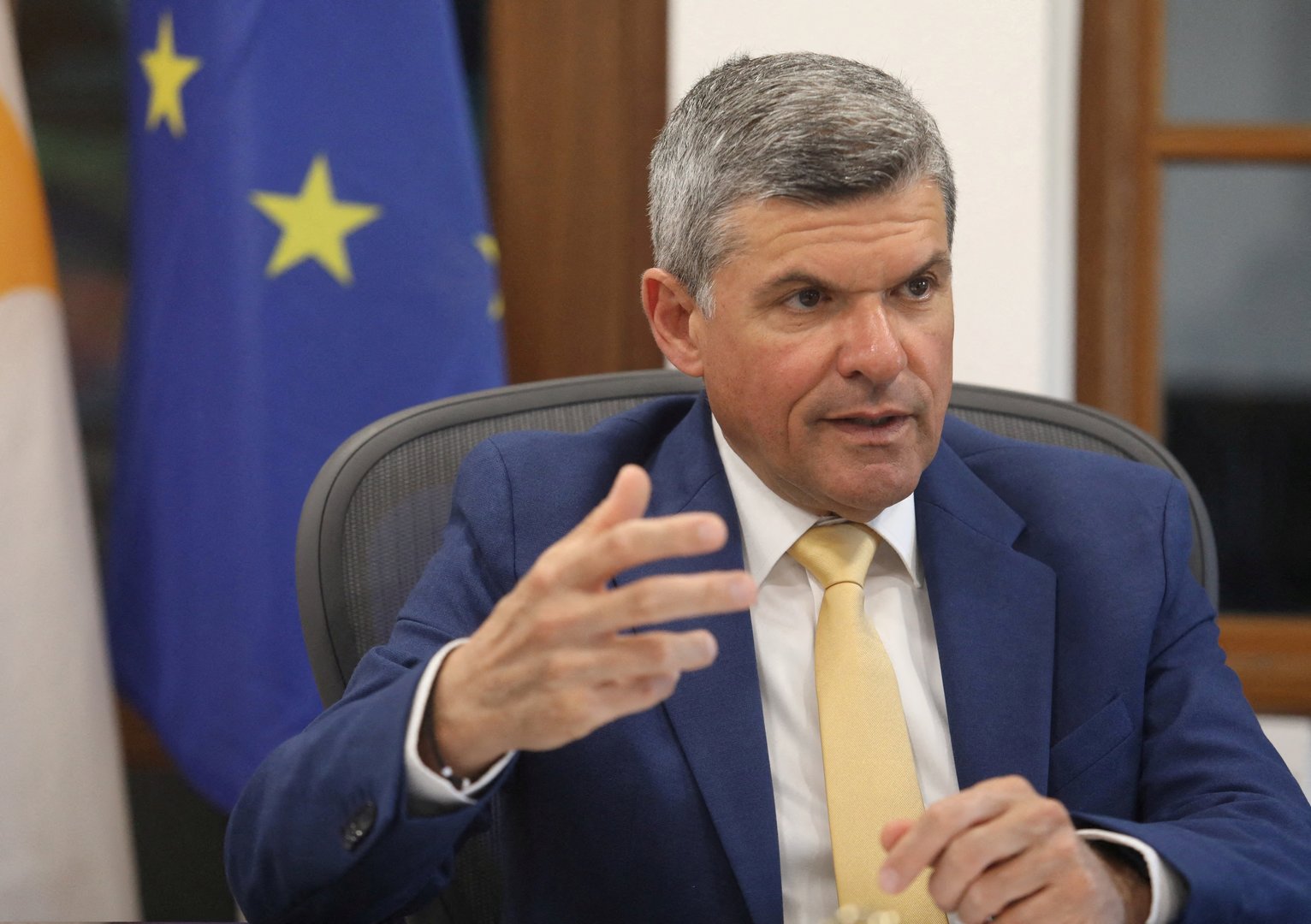
Regular electricity bill payers will not subsidise the additional reduced rates paid by vulnerable groups, Energy Minister George Papanastasiou said on Saturday.
Moving to address rumours that forthcoming increases in electricity bills following the end of the across-the-board electricity subsidy at the end of October would go towards paying for vulnerable groups’ reduced rates, he said those reduced rates would be entirely paid for by the government.
At present, people who fall into at least one of 18 different categories, including people on the guaranteed minimum income, social welfare recipients, and people with various serious illnesses, pay the electricity authority (EAC)’s “08” tariff, which carries a lower charge than regular bills.
The “08” tariff costs consumers 20 per cent less than the regular rate, and this 20 per cent is typically subsidised by people paying the regular rate.
However, Paapanastasiou told the Cyprus News Agency on Saturday that the government will cover any increases beyond the reference price for the “08” tariff which was determined between November 2021 and June 2022.
He pointed out that the reference price predates much of the fallout related to energy prices following Russia’s invasion of Ukraine, and was also the reference price for the across-the-board subsidy which ended at the end of October
The government’s decision to subsidise this increase is estimated to cost €25 million and will allow for around 40,000 people to continue receiving affordable electricity and to be sheltered from the coming price rises.
This figure was calculated after cabinet decided on Tuesday to add a total of 22,800 low-income pensioners and 10,700 single-parent families to the “08” tariff.
The across-the-board electricity subsidy was not extended past the end of last month, having first been introduced last year.
The subsidy covered 400,000 households and 100,000 businesses and was based on a sliding scale, with an initial estimated average saving of €70 on a regular customer’s bimonthly bill, based on a consumption of 800 kilowatt hours.
This estimated average saving fell to €22 over time, with the subsidy being calculated against the cost of generation and not against the cost to the consumer, meaning that reductions in the price of oil effectively reduced the subsidy’s effective value to the consumer.
The decision to end the across-the-board subsidy comes after Cyprus had received “strict warnings” from the European Commission against implementing and extending across-the-board economic measures, with targeted measures for vulnerable sections of society now favoured.
The European Commission were not alone in issuing such warnings, however, with Finance Minister Makis Keravnos saying in March that the International Monetary Fund “told us we have to stop them”, with regard to across-the-board measures to ease the cost of living.
These sentiments were ratified by the IMF’s deputy chief Alex Pienkowski, who at the time called on the Cypriot authorities to “resist” any further expansion of “non-targeted reductions in excise taxes and VAT”.


